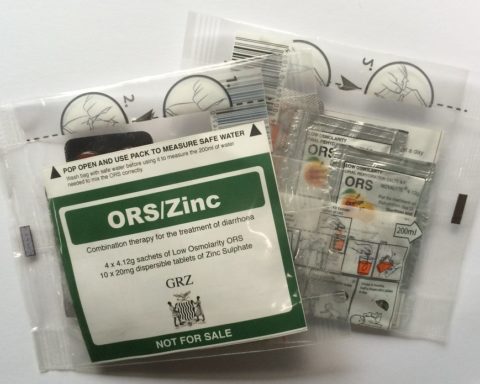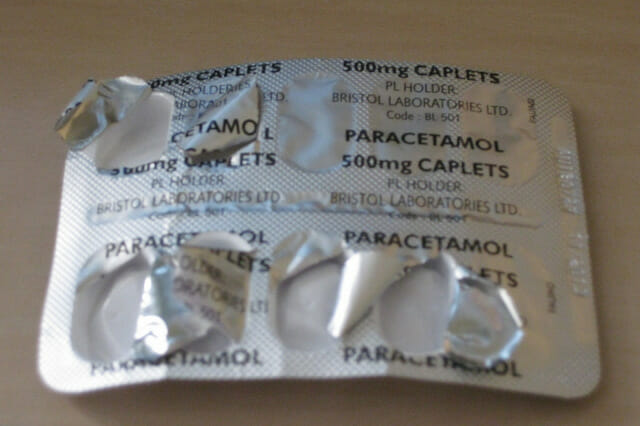Home food fortification involves adding special nutritional products to home meals. Some commonly used supplements are lipid-based nutrient supplements (LNS), multiple micronutrient powders (MNP), and iron and folic acid supplements (IFA). Other examples include fat-soluble soya flour, which contains various vitamins and minerals.
The commonly preferred nutrients for home fortification are MNP and LNS. LNS is the newest way to treat malnutrition in children, especially in developing countries. Ample nutrition for child development is paramount, especially in the first days of life. It is most important for the growth and development of the brain, and it affects children’s achievement of developmental milestones.
Most of these fortified products are specifically intended for growing children, but their use has been extended to pregnant and lactating mothers. Food fortification with nutrients has resulted in healthy pregnancies and healthy births. It has also helped alleviate prenatal and postnatal complications that often arise due to malnutrition.
LNS provides micronutrients and fatty lipids that help reduce low birth weight and height, small-for-gestational-age children, and small head circumference. IFA prevents and improves iron deficiency and anemia in pregnant women and lactating mothers. Folic acid prevents the development of congenital anomalies and neurological defects in children after birth. This has positive effects on motor, language, and social development in children.
A Research Study
Susana L. Matias conducted a study titled “Prenatal Lipid-Based Nutrient Supplements Affect Maternal Anthropometric Indicators Only in Certain Subgroups of Rural Bangladeshi Women” in Bangladesh. The study was supported by the Department of Nutrition and the University of California. The objective of the study was to determine the effectiveness of lipid-based nutrient supplements and micronutrient powder on the motor, language, and social development of children.
The participants were sorted into four groups. In the first group, the mothers were given LNS prenatally until six months post-delivery, and their babies received LNS from six months to twenty-four months of age. The mothers in the second group received IFA during pregnancy until three months postpartum, and their children received LNS from six months to twenty-four months of age.
In the third group, the mothers received IFA during pregnancy until three months post-delivery, and their babies received MNP from six months to twenty-four months of age. Finally, in the fourth group, the mothers received IFA prenatally until three months postpartum, and no supplements were given to the children.
Outcomes
In all the groups, a considerable percentage of children (31.7%, 33.9%, 33.7%, and 25% respectively) were able to walk without support at twelve months.
The children in the IFA-LNS group achieved the most milestones, followed closely by the IFA-MNP group, and then the IFA only group. At eighteen to twenty-four months, the LNS-LNS and IFA-LNS groups scored higher than the IFA only group.
In language, the children in the LNS-LNS group had a higher score compared to the other groups. At twenty-four months, the first three groups had a higher score than the IFA only group.
There was no noticeable difference in expressive language among the four groups. There was also no significant difference in social development. However, the IFA-LNS group had the highest score, followed by the IFA-MNP group.
Conclusion
Nutritional supplementation with LNS, MNP, and IFA are important to the child’s stages of development. LNS and MNP supplementation is paramount in early childhood to facilitate effective brain development and other milestones in the early years of life.
It is important to note that prenatal IFA also impacts brain development, especially when pregnant women are supplemented early in the prenatal period.
As indicated in the above survey, there was not much difference in the results of the IFA group that did not supplement the children. However, the children who were supplemented with LNS had better motor and language development than the children who were supplemented with MNP. But who knows—perhaps the children who received MNP supplementation will thrive better in their later years.

Reference
Matias, Susana L., Malay K. Mridha, Rina R. Paul, Sohrab Hussain, Stephen A. Vosti, Charles D. Arnold, and Kathryn G. Dewey. “Prenatal Lipid-Based Nutrient Supplements Affect Maternal Anthropometric Indicators Only in Certain Subgroups of Rural Bangladeshi Women,” The Journal of Nutrition 146, no. 9 (2016): 1775–1782. Retrieved from https://academic.oup.com/jn/article/146/9/1775/4670579













